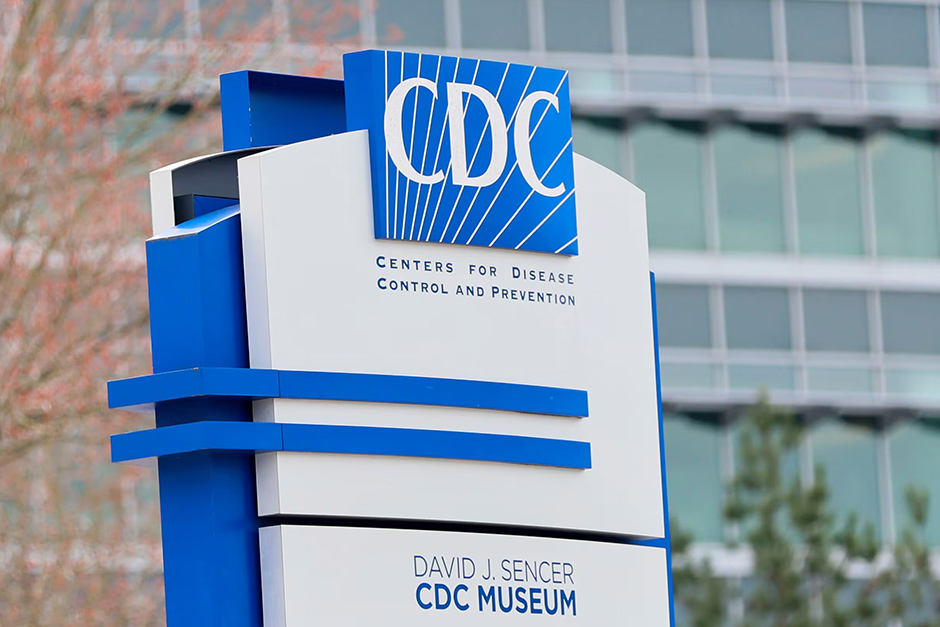In the bustling world of public health discourse, few names ignite as much debate and discussion as Robert F. Kennedy Jr. Known for his outspoken views on vaccines and public health policy, his influence casts a long shadow. Recently, a significant shift has captured attention, one that suggests a fascinating, and for some, deeply concerning, turn: the very institution he now champions appears to be promoting a narrative about vaccines and autism that starkly contrasts with decades of established scientific consensus.
The Bedrock of Scientific Consensus: Vaccines and Autism
For a long time, the public health community has been unequivocal: vaccines do not cause autism. This wasn’t a casual dismissal but the result of extensive, rigorous scientific inquiry spanning decades and countless studies across the globe. The initial scare, sparked by a now-retracted and thoroughly discredited 1998 study, was swiftly debunked. Major health organizations, including what we’ve long understood as the CDC, dedicated significant resources to reaffirming vaccine safety, emphasizing that the benefits far outweigh any risks.
This unwavering stance has been a cornerstone of public health education, aimed at fostering trust and ensuring high vaccination rates to protect communities from preventable diseases. Parents, guided by this strong consensus, have largely relied on these institutions to provide clear, evidence-based information. The scientific community moved on, confident that the link had been definitively disproven, leaving no room for ambiguity.
A Disorienting Shift in the Narrative
Now, the landscape appears to be shifting. Voices associated with what some are calling “RFK Jr.’s CDC” — reflecting the profound influence he wields in this space — are reportedly revisiting and amplifying concerns about a vaccine-autism connection. This isn’t just a nuance; it’s a direct challenge to the very foundation of understanding built over years of painstaking research. When a prominent figure, or an institution under their sway, begins to echo concerns previously deemed unfounded and false, it creates a deeply unsettling ripple effect.
The core issue isn’t merely a difference of opinion; it’s the potential for public health messaging to become muddled, eroding the hard-won trust between the public and scientific institutions. This shift introduces doubt where clarity once reigned, leaving many to wonder which narrative to believe. It’s a move that threatens to reopen old wounds in the vaccine debate, potentially fueling vaccine hesitancy and making it harder to maintain public health safeguards.
“It’s incredibly disorienting for parents,” says Sarah Miller, a mother of two. “One moment you’re told something is definitively false, the next, a prominent voice suggests there might be something to it after all. Who do you believe when the goalposts seem to be moving?”
The Stakes: Public Trust and Health
The implications of such a change extend far beyond academic debates. When institutions once seen as bastions of scientific truth begin to seemingly promote debunked theories, the real cost is borne by individuals and communities. Public trust, once fractured, is notoriously difficult to rebuild. For parents grappling with complex health decisions for their children, consistent and transparent communication from authoritative sources is paramount.
This evolving narrative highlights the critical importance of scrutinizing information, regardless of its source. It underscores the perpetual need for public health bodies to remain steadfast in their commitment to evidence-based science, providing clear, unambiguous guidance that prioritizes the well-being of all. The delicate balance of public trust, scientific integrity, and effective health policy hinges on this commitment, reminding us that clarity and consistency are not just desirable, but absolutely essential.
The conversation around vaccines and autism should be grounded in the most robust science available. When that foundation appears to waver, particularly from a place of perceived authority, it demands our closest attention and a renewed commitment to verifiable facts.




